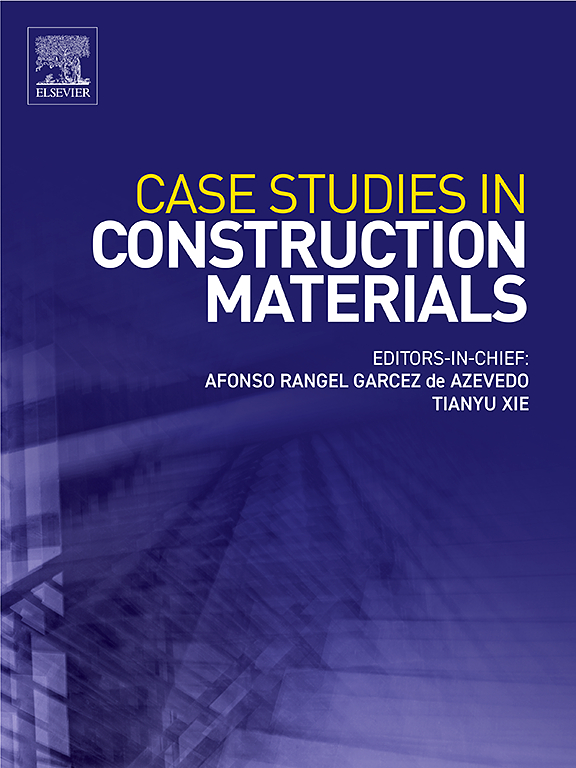Dapsone-Induced Granulomatous Cholestatic Hepatitis Unmasked by Steroid Taper: A Case Report
IF 0.5
Q4 GASTROENTEROLOGY & HEPATOLOGY
引用次数: 0
Abstract
Abstract Introduction Dapsone is known to cause drug-induced liver injury (DILI) but can rarely induce the formation of hepatic granulomas. We describe a patient with jaundice who demonstrated granulomas on liver biopsy in response to dapsone. Her symptoms were only evident once steroids, used to also treat her pyoderma gangrenosum, had been tapered. Case Presentation In this case, a 67-year-old female was hospitalized due to 1 day of jaundice. She had started dapsone and prednisone concurrently 7 weeks ago to treat her pyoderma gangrenosum. Steroids were discontinued 4 days prior to symptoms. Her laboratories were notable for newly elevated alkaline phosphatase (756 U/L), aspartate transaminase (199 U/L), alanine transaminase (273 U/L), and total bilirubin (12.6 mg/dL). Dapsone was held due to suspicion for DILI. A liver biopsy was performed and disclosed non-necrotizing hepatic granulomas. After infectious and autoimmune causes were excluded, dapsone was determined to be the cause of her hepatic granulomas. Her bilirubin and liver enzymes steadily normalized over the next 4 weeks following discontinuation of dapsone. Conclusion Thus, dapsone-related liver injury may present following a steroid taper if dapsone and steroids had been initially started together. Hepatic granulomas, though rare, can be seen when dapsone causes DILI.类固醇减量掩盖了多潘松诱发的肉芽肿性胆汁淤积性肝炎:病例报告
氨苯砜可引起药物性肝损伤(DILI),但很少引起肝肉芽肿的形成。我们描述了一位黄疸患者,他在肝活检中表现出肉芽肿,对氨苯砜的反应。她的症状只有在类固醇(也用于治疗坏疽性脓皮病)逐渐减少后才明显。本例患者为67岁女性,因黄疸1天住院。7周前,她开始同时使用氨苯砜和强的松治疗坏疽性脓皮病。在出现症状前4天停用类固醇。她的实验室新发现碱性磷酸酶(756 U/L)、天冬氨酸转氨酶(199 U/L)、丙氨酸转氨酶(273 U/L)和总胆红素(12.6 mg/dL)升高。Dapsone因涉嫌DILI而被拘留。肝活检显示非坏死性肝肉芽肿。在排除感染和自身免疫性原因后,确定氨苯砜是她肝肉芽肿的原因。她的胆红素和肝酶在停药后的4周内稳定恢复正常。因此,如果最初同时使用氨苯砜和类固醇,那么在类固醇逐渐减少后可能出现氨苯砜相关的肝损伤。肝肉芽肿,虽然罕见,可以看到当氨苯砜引起DILI。
本文章由计算机程序翻译,如有差异,请以英文原文为准。
求助全文
约1分钟内获得全文
求助全文
来源期刊

Case Reports in Gastroenterology
Medicine-Gastroenterology
CiteScore
1.10
自引率
0.00%
发文量
99
审稿时长
7 weeks
期刊介绍:
 求助内容:
求助内容: 应助结果提醒方式:
应助结果提醒方式:


